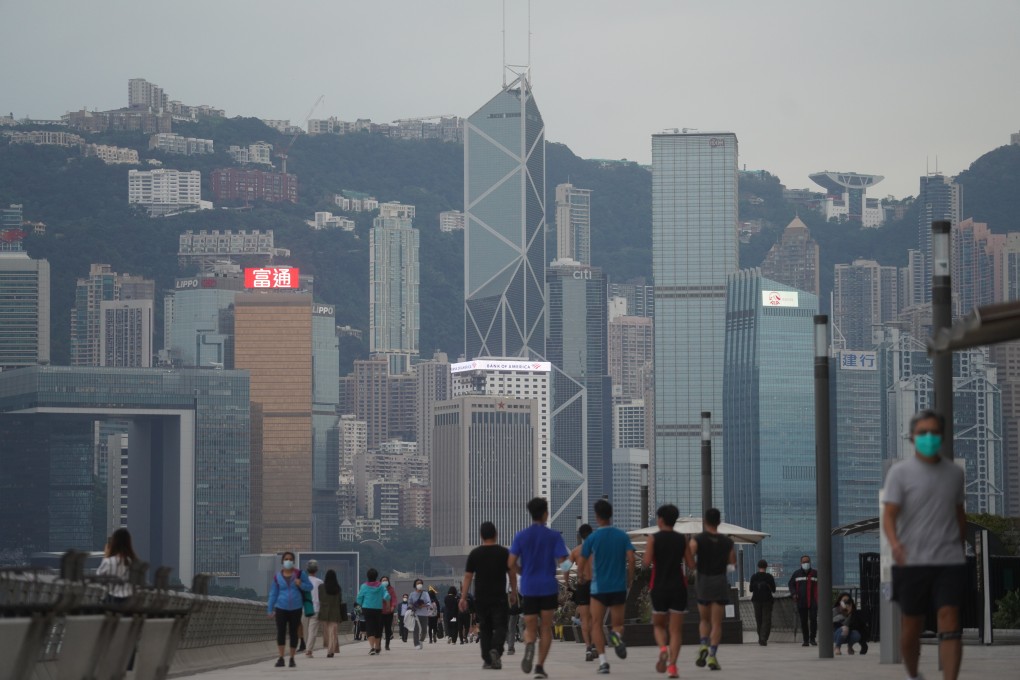Letters | Hong Kong government does listen, if you use the right channels
- The public should take advantage of mechanisms such as the Legco Redress System and the Code on Access to Information to discuss policy matters with the government


03:02
Coronavirus: Hong Kong extends hotel quarantine for overseas arrivals to 21 days
Upon Mr Chan’s request, Dr Christine Choi Yuk-lin, the undersecretary for education, also phoned Dr Wang on December 18 to learn more about how universities in Hong Kong provided support to new students who had to quarantine.
According to Mr Chan, this issue has been discussed at the most senior level of the Hong Kong government and a long-term solution is being worked on for people currently in the mainland but who would become Hong Kong residents after they arrive. Hopefully, the solution can soon be introduced.
Although our case has not been resolved, we would like to thank Mr Chan and Dr Choi for listening to our opinions. We also urge members of the public, especially young people, to take advantage of existing mechanisms including the Legco Redress System and the Code on Access to Information to help the government better serve Hong Kong society.
Yuanhang Luo, student, bachelor of mathematics and statistics, Baptist University; Qinyi Xue, student, bachelor of laws, the University of Hong Kong